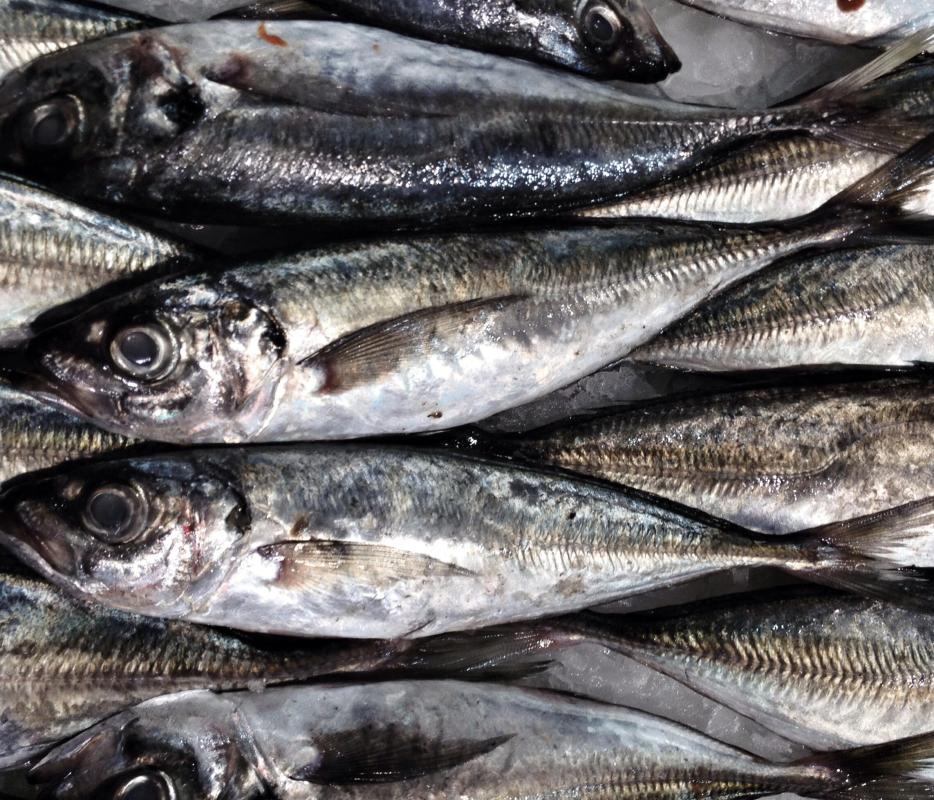At WiseGEEK, we're committed to delivering accurate, trustworthy information. Our expert-authored content is rigorously fact-checked and sourced from credible authorities. Discover how we uphold the highest standards in providing you with reliable knowledge.
What are Some Health Benefits of Fish?
The health benefits of fish are legion. As a high-protein, low-calorie food that provides a range of health benefits, fish is an efficient means of including several essential vitamins and minerals to a diet. This claim can be applied to almost all varieties of fish, but some contain more goods than others. This is especially true when the focus is to include more Omega-3s in the menu.
Omega-3s are fatty acids touted as a preventive measure against coronary heart disease, stroke, and cancer. They've also been tied to improvement of arthritis, circulatory issues, and high blood pressure. Fish with the highest concentration of these acids include wild salmon, mackerel, herring, sardines, anchovies, and farmed oysters.

It's important to note that it's wild salmon, not farm-raised salmon that provides the biggest health benefit. Farm-raised salmon are packed in tight and fed grains. Since salmon are naturally carnivores and feed on other fish, the farm-raised, grain-fed salmon have an entirely different fat content than wild salmon. They have an abundance of Omega-6s which most people already consume too much of, and they are given antibiotics to control the disease that accompanies the crowded conditions in the "pens."

White-fleshed fish provide benefits as well. This category of fish beats all other sources of animal protein when it comes to low-fat fare. Packed with vitamins and minerals, white fish are the lowest in both fat and calories. This group includes haddock, cod, and sole. These fish also provide metabolism-boosting iodine, as well as vitamins B-6 and B-12. These vitamins reduce levels of homocysteine which, in turn, reduces the risk of stroke and heart attack.

Shellfish and shrimp received a bad rap in the media for awhile due to the high content of cholesterol. However, it has since been noted that the cholesterol found in food does not significantly affect the cholesterol found in blood. Trans fats and some saturated fats are much more culpable in the raising of blood cholesterol. Therefore, the main health benefits of fish are also found in shellfish and shrimp.

Researchers have suggested the health benefits of fish extend to pregnant women, babies, and young children as well. Though many warn pregnant women against ingesting too much mercury or other pollutants sometimes found in fish, fish is said to improve brain development in children. Dyslexia, autism, hyperactivity, and attention deficit disorder are all being studied to determine the positive effects fish may have on these disorders. As with any food, one must do a bit of research to determine the source of the fish to adequately assess the levels of contaminants that may be present.

To gain the most health benefits of fish, it should be included in the diet at least two to three times per week. Fresh is best, but frozen and canned fish still provide a whopping amount of vitamins and minerals. A variety of fatty fish, white fish, and shell fish is ideal, and don't forget to check the source of the fish whenever possible.
AS FEATURED ON:
AS FEATURED ON:


















Discuss this Article
Post your comments